Eco-Friendly Smart Locks Revolutionize Sustainable Rentals

TL;DR:Smart locks for rental units are gaining popularity due to their ability to address modern sec…….
Introduction
In an era where technology continues to permeate every aspect of our lives, smart locks for rental units have emerged as a transformative solution in the property management sector. These innovative devices offer enhanced security, convenience, and efficiency for both landlords and tenants. This comprehensive article delves into the multifaceted world of smart locks designed for rental properties, exploring their relevance, benefits, and the broader implications they carry. Readers will gain a deep understanding of how smart locks are revolutionizing access management in the rental market, the economic factors influencing their adoption, the technological advancements driving their development, and the policy landscape that guides their use.
Understanding Smart Locks for Rental Units
Smart locks for rental units represent a fusion of traditional lock-and-key mechanisms with modern digital technology. These devices enable secure access to properties through various means such as unique PIN codes, mobile applications, biometric identification, and keycards. They are equipped with features like remote management, which allows landlords to issue temporary access codes to maintenance personnel or cleaning services, and to monitor the coming and going of tenants. The historical context of smart locks dates back to the early 2000s when the first keyless entry systems were introduced, evolving into sophisticated smart lock solutions tailored for the rental industry.
Global Impact and Trends
The global impact of smart locks for rental units is significant, with their adoption spreading across continents. North America and Europe lead in market penetration, followed by emerging markets in Asia and Latin America. Key trends include the integration of artificial intelligence (AI) for predictive maintenance, the use of blockchain technology for secure and transparent access management, and the increasing demand for smart home ecosystems that encompass smart locks as a central component. These trends are influenced by factors such as urbanization, the sharing economy, and the growing awareness of security and privacy concerns.
Economic Considerations
From an economic standpoint, smart locks for rental units present a compelling investment opportunity. They can reduce costs associated with physical key management, lock replacement due to lost or misused keys, and improve overall operational efficiency. Market dynamics indicate a growing demand among both property owners and tenants for secure and convenient access solutions. These locks also play a pivotal role in economic systems by potentially increasing property values and rental rates due to their perceived value as a modern amenity.
Technological Advancements
Technological advancements have been pivotal in the development of smart locks for rental units. Innovations such as biometric verification, enhanced encryption methods, and cloud-based connectivity have significantly improved security and user experience. Future potential includes the integration of voice recognition, facial recognition, and advanced analytics to predict maintenance needs before they become critical issues. These advancements are poised to further streamline operations for landlords while providing tenants with a higher level of convenience and security.
Policy and Regulation
The policy and regulatory framework governing smart locks for rental units is complex and varies by jurisdiction. Key considerations include data protection laws, cybersecurity standards, and tenant privacy rights. In the United States, for example, the Fair Housing Act and state-specific regulations must be adhered to, ensuring that smart lock systems do not discriminate against any tenants or potential renters. In Europe, the General Data Protection Regulation (GDPR) imposes strict guidelines on data handling and storage, which directly impacts the deployment of smart locks.
Challenges and Criticisms
Smart locks for rental units are not without their challenges and criticisms. Concerns about cybersecurity vulnerabilities, privacy breaches, and technological reliability persist. Moreover, resistance to change from traditional lock users and potential high initial costs can be barriers to widespread adoption. To address these issues, manufacturers and policymakers must prioritize robust security measures, transparent data practices, and the creation of standards that ensure interoperability across different systems.
Case Studies
Several case studies exemplify the successful application of smart locks for rental units. One such example is a large urban apartment complex that implemented a smart lock system to manage access for residents and staff. The result was a 30% reduction in maintenance response times and a marked improvement in tenant satisfaction due to the ease of access and secure keyless entry. Another case study involves a student housing facility that integrated smart locks, which not only streamlined move-in and move-out processes but also provided an additional layer of security for young adults living away from home for the first time.
Future Prospects
The future prospects for smart locks in rental units are promising. Growth areas include the integration of these systems into broader smart home ecosystems, with potential partnerships with major home automation players. Emerging trends point to increased adoption in multi-family residential buildings, student housing, and even temporary rentals like vacation homes. Strategic considerations for property owners and managers will focus on the cost-benefit analysis of upgrading to smart lock systems and the importance of staying abreast of technological advancements to maintain a competitive edge.
Conclusion
Smart locks for rental units represent a significant leap forward in property management technology. They offer enhanced security, convenience, and operational efficiency, all while navigating the complex landscape of policy and regulation. As the world becomes more connected and technologically advanced, smart locks for rental units will undoubtedly become an industry standard, shaping the future of how we think about access and control in the realm of housing.
This article provides a comprehensive overview of smart locks for rental units, addressing their technological underpinnings, global impact, economic considerations, policy landscape, challenges, real-world applications, and future outlook. It is designed to inform property owners, managers, tenants, policymakers, and technology enthusiasts about the multifaceted nature of this innovative solution in the housing market.

TL;DR:Smart locks for rental units are gaining popularity due to their ability to address modern sec…….
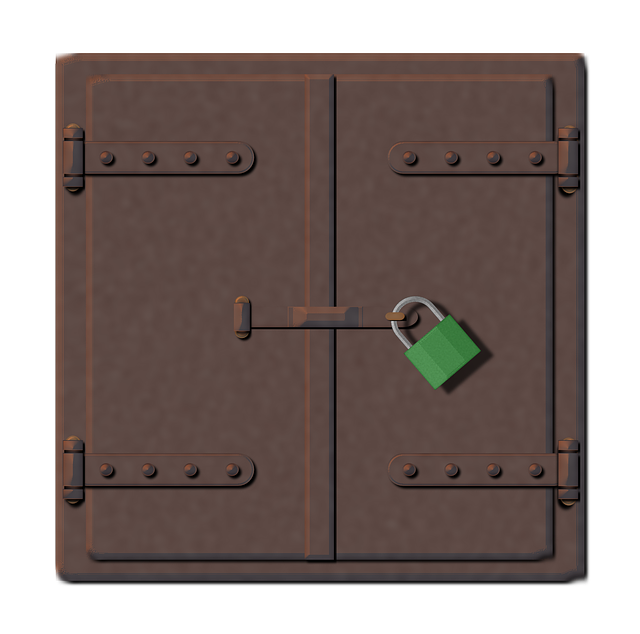
to 20000001 0 50000000000000000000000000000000to-amase 12000001300000000000030000000000000000000000…….
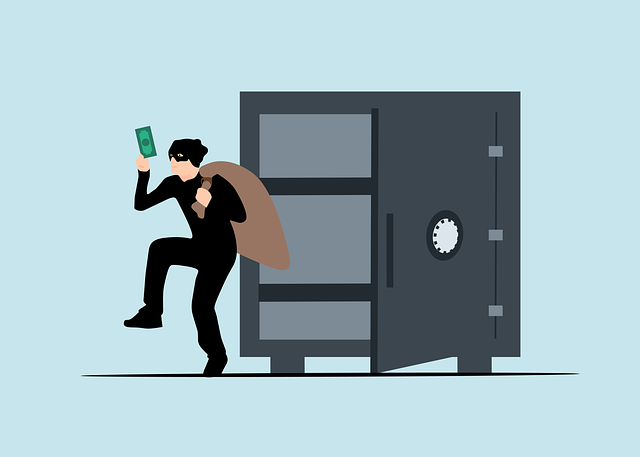
Bluetooth smart locks for renters offer convenient, secure entry solutions via smartphone apps, elim…….
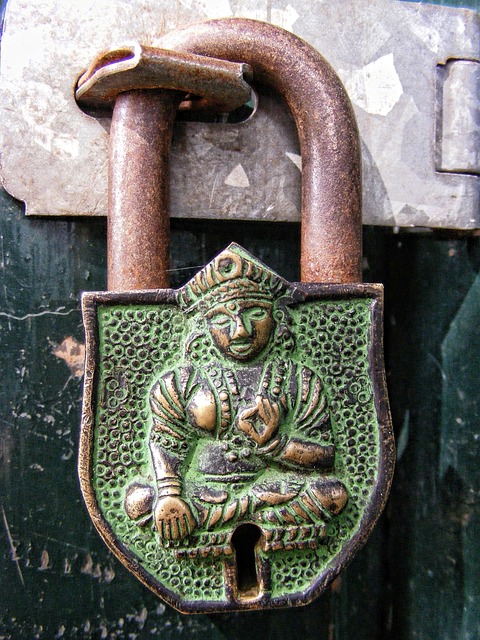
Bluetooth smart locks offer renters a convenient, affordable way to boost home security by eliminati…….

Smart locks are transforming access control in rental properties by offering keyless entry via mobil…….
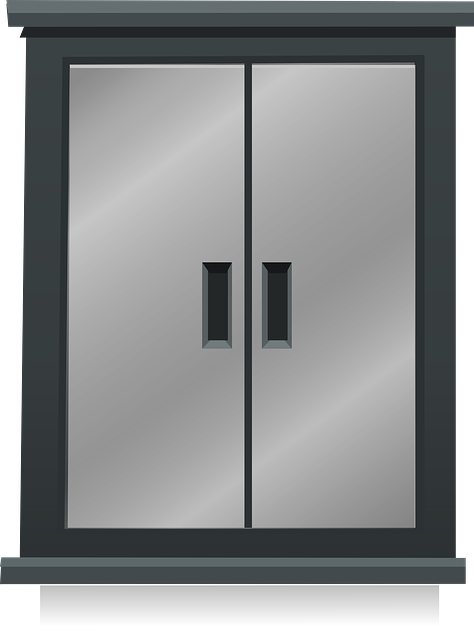
In the digital age, the sharing economy has popularized short-term accommodation rentals through onl…….

Bluetooth smart locks for renters offer enhanced security and lifestyle convenience by eliminating p…….
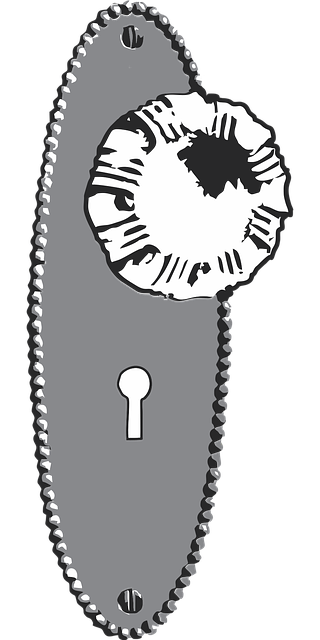
The digital age has spurred a boom in short-term rentals, creating both opportunities and challenges…….